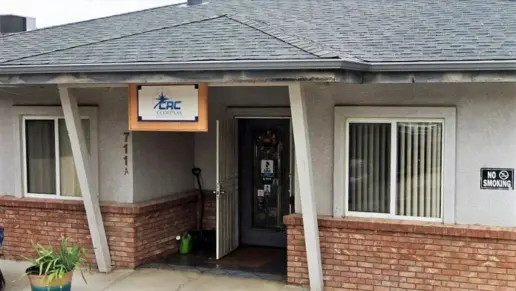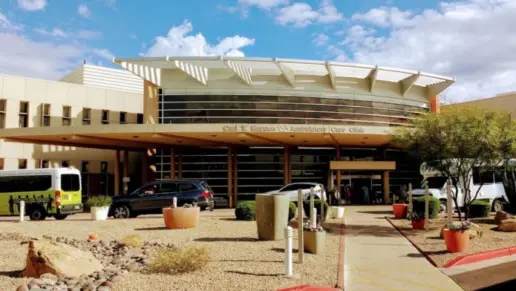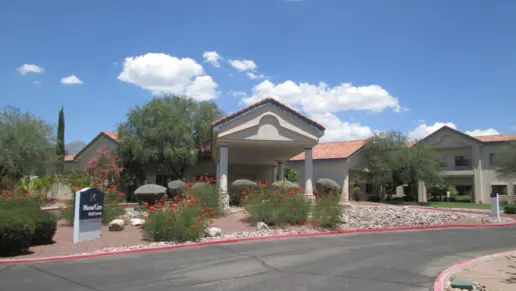About VA SE Clinic
Staff Sergeant Alexander W. Conrad VA Health Care Clinic, also known as the VA SE Clinic, is an outpatient facility in Gilbert, Arizona. They offer primary care and various specialty services. The latter include psychiatric care, physical medicine/rehabilitation and telehealth services. Their psychiatric services address common mental health conditions like depression, anxiety and PTSD. It also involves programming for veterans dealing with substance use addiction and co-occurring disorders. These challenges are often aggravated by stressful or adverse situations resulting from military life. The goal is to equip you with tools to maintain recovery from trauma and addiction while leading a healthy, productive life. Services include consultations, evaluation and group and individual therapy.
Therapy sessions help you address personal issues fueling your behavioral challenges and build effective coping strategies. It also helps you develop essential life skills such as communication and building relationships. This fosters relapse prevention and lasting recovery. They may offer alternative treatments and medication assistance when necessary. Their rehabilitation services can especially be helpful if you’re dealing with chronic PTSD. This includes medication and recreational therapy to create coping and social skills. Their therapist will deliver individualized support to help you manage pains, improve your independence and enhance your quality of life. They support same-day appointments and walk-in express care for emergency health issues. If eligible, you may get help with transportation to and from your appointment.
Secured telehealth support is available for most of their specialty care including mental health. This includes video conferencing, home telehealth services, and secure store-and-forward telehealth that lets you send/receive health information to/from VA facilities securely. Accessing care from the comfort of your home enhances flexibility. This is especially so when dealing with severe psychiatric conditions.
The best part is that you can qualify for care even if you’re not enrolled in VA health care. Their social services are also quite robust. Social workers can connect you to community resources like housing, employment support and financial aid. These services are very affordable and convenient. They accept Medicare, Medicaid and TRICARE. You can also fund your treatment via VA financial hardship assistance if you’re uninsured and struggling financially.
Aftercare services may involve referral to peer support groups like AA or connection to VA community recovery services for ongoing support. Comments from past clients reflect an overwhelmingly positive experience and exceptional quality of care.
Gallery
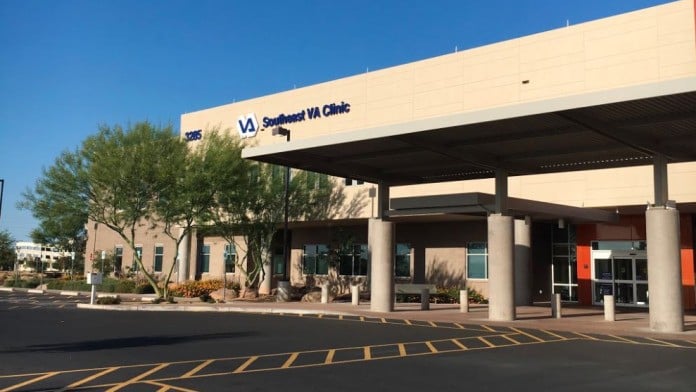
Location
Accepted Insurance
Other Forms of Payment
Private insurance refers to any kind of healthcare coverage that isn't from the state or federal government. This includes individual and family plans offered by an employer or purchased from the Insurance Marketplace. Every plan will have different requirements and out of pocket costs so be sure to get the full details before you start treatment.
Self-pay involves paying for treatment out of your own pocket. You can use savings or credit, get a personal loan, or receive help from family and friends to fund your treatment. If you don't have insurance or your insurance plan doesn't cover a specific program, self-pay can help ensure you still get the care you need.
Financial aid can take many forms. Centers may have grants or scholarships available to clients who meet eligibility requirements. Programs that receive SAMHSA grants may have financial aid available for those who need treatment as well. Grants and scholarships can help you pai for treatment without having to repay.
Military members, veterans, and eligible dependents have access to specific insurance programs that help them get the care they need. TRICARE and VA insurance can help you access low cost or no cost addiction and mental health treatment. Programs that accept military insurance often have targeted treatment focused on the unique challenges military members, veterans, and their families face.
Addiction Treatments
Levels of Care
Treatments
Many of those suffering from addiction also suffer from mental or emotional illnesses like schizophrenia, bipolar disorder, depression, or anxiety disorders. Rehab and other substance abuse facilities treating those with a dual diagnosis or co-occurring disorder administer psychiatric treatment to address the person's mental health issue in addition to drug and alcohol rehabilitation.
Mental health rehabs focus on helping individuals recover from mental illnesses like bipolar disorder, clinical depression, anxiety disorders, schizophrenia, and more. Mental health professionals at these facilities are trained to understand and treat mental health issues, both in individual and group settings.
Programs




Clinical Services
Cognitive Behavioral Therapy (CBT) is a therapy modality that focuses on the relationship between one's thoughts, feelings, and behaviors. It is used to establish and allow for healthy responses to thoughts and feelings (instead of unhealthy responses, like using drugs or alcohol). CBT has been proven effective for recovering addicts of all kinds, and is used to strengthen a patient's own self-awareness and ability to self-regulate. CBT allows individuals to monitor their own emotional state, become more adept at communicating with others, and manage stress without needing to engage in substance abuse.
Group therapy is any therapeutic work that happens in a group (not one-on-one). There are a number of different group therapy modalities, including support groups, experiential therapy, psycho-education, and more. Group therapy involves treatment as well as processing interaction between group members.
In individual therapy, a patient meets one-on-one with a trained psychologist or counselor. Therapy is a pivotal part of effective substance abuse treatment, as it often covers root causes of addiction, including challenges faced by the patient in their social, family, and work/school life.
Trauma therapy addresses traumatic incidents from a client's past that are likely affecting their present-day experience. Trauma is often one of the primary triggers and potential causes of addiction, and can stem from child sexual abuse, domestic violence, having a parent with a mental illness, losing one or both parents at a young age, teenage or adult sexual assault, or any number of other factors. The purpose of trauma therapy is to allow a patient to process trauma and move through and past it, with the help of trained and compassionate mental health professionals.
Whether a marriage or other committed relationship, an intimate partnership is one of the most important aspects of a person's life. Drug and alcohol addiction affects both members of a couple in deep and meaningful ways, as does rehab and recovery. Couples therapy and other couples-focused treatment programs are significant parts of exploring triggers of addiction, as well as learning how to build healthy patterns to support ongoing sobriety.
Research clearly demonstrates that recovery is far more successful and sustainable when loved ones like family members participate in rehab and substance abuse treatment. Genetic factors may be at play when it comes to drug and alcohol addiction, as well as mental health issues. Family dynamics often play a critical role in addiction triggers, and if properly educated, family members can be a strong source of support when it comes to rehabilitation.
Experiential therapy is a form of therapy in which clients are encouraged to surface and work through subconscious issues by engaging in real-time experiences. Experiential therapy departs from traditional talk therapy by involving the body, and having clients engage in activities, movements, and physical and emotional expression. This can involve role-play or using props (which can include other people). Experiential therapy can help people process trauma, memories, and emotion quickly, deeply, and in a lasting fashion, leading to substantial and impactful healing.
Amenities
-
Residential Setting
-
Private Setting
Staff & Accreditations
Staff
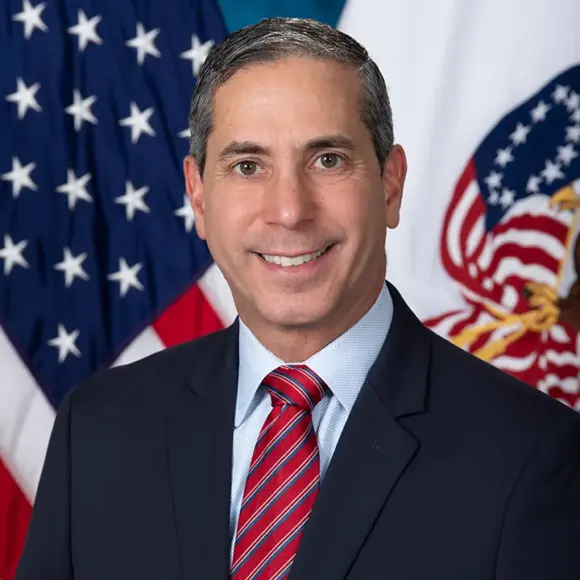
Chairman of the Board of Veterans’ Appeals
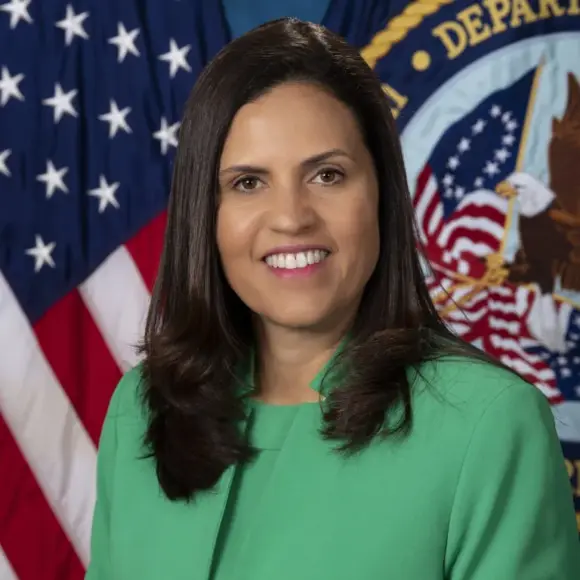
VA Deputy Secretary

Assistant Secretary for Information and Technology and Chief Information Officer
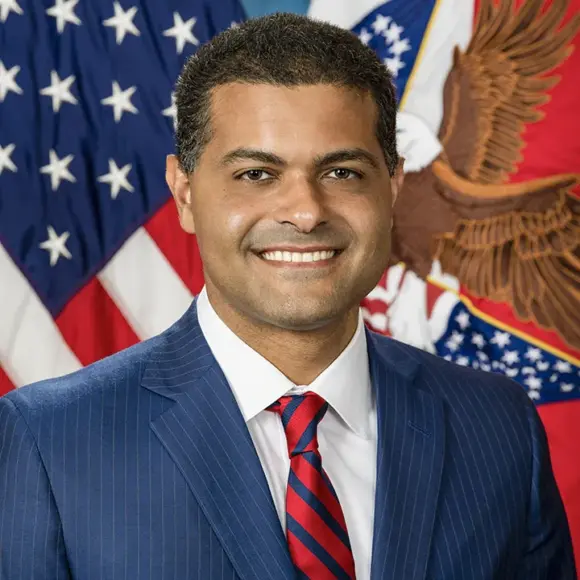
Under Secretary for Health
Accreditations

The Commission on Accreditation of Rehabilitation Facilities (CARF) is a non-profit organization that specifically accredits rehab organizations. Founded in 1966, CARF's, mission is to help service providers like rehab facilities maintain high standards of care.
CARF Accreditation: Yes
Accreditation Number: 37570

The Joint Commission, formerly known as JCAHO, is a nonprofit organization that accredits rehab organizations and programs. Founded in 1951, the Joint Commision's mission is to improve the quality of patient care and demonstrating the quality of patient care.
Joint Commission Accreditation: Yes
Accreditation Number: 2508
Contact Information
3285 S Val Vista Dr
Gilbert, AZ 85295

